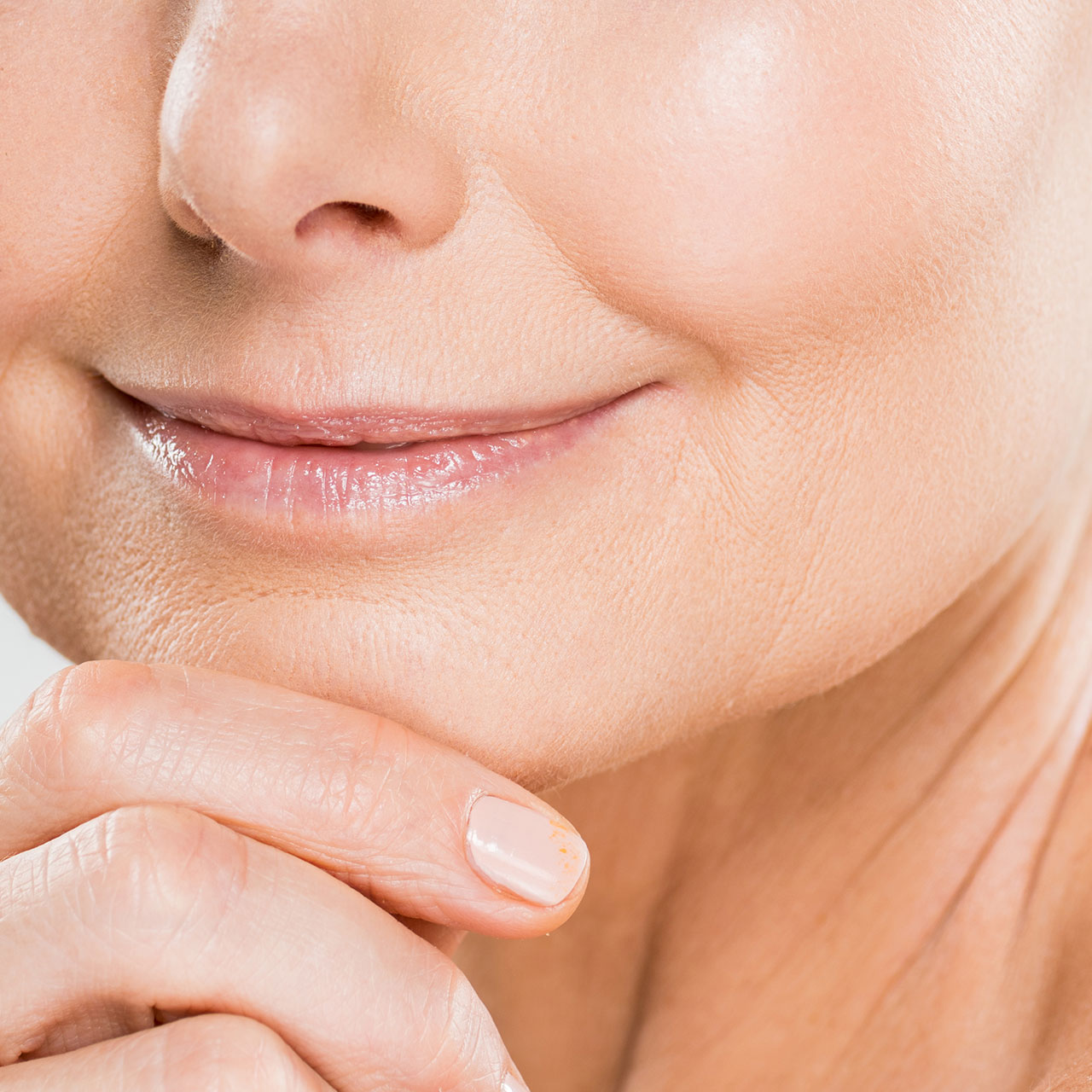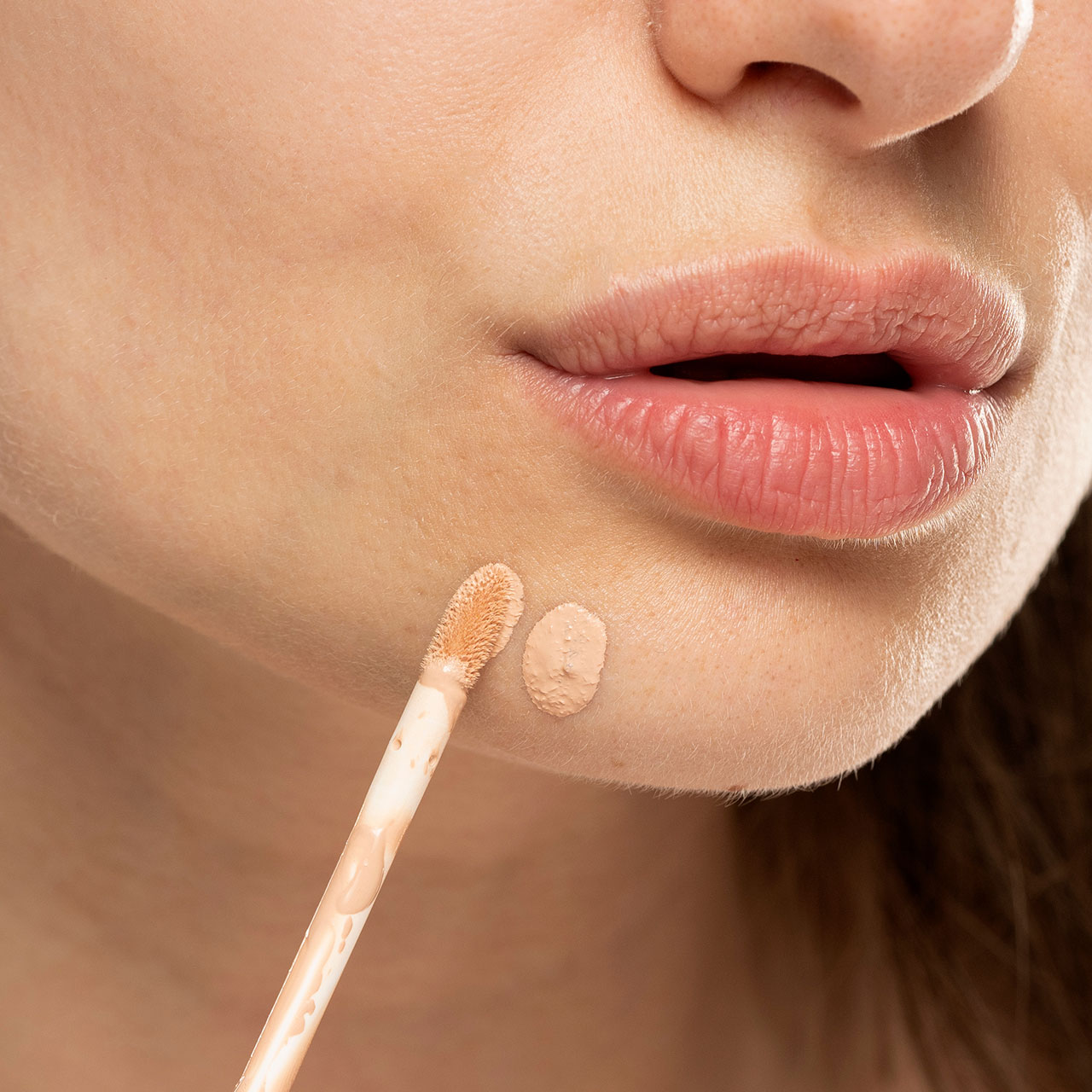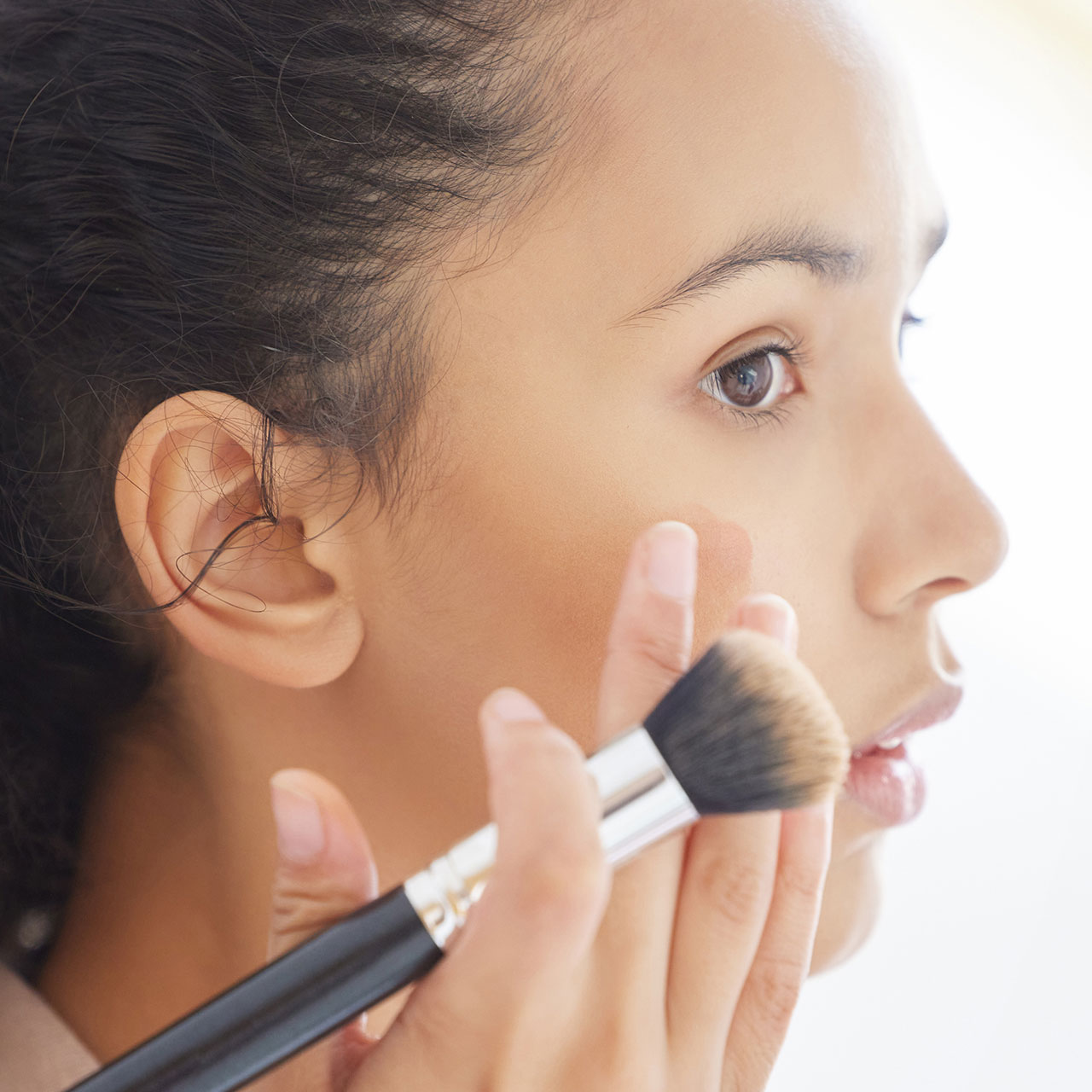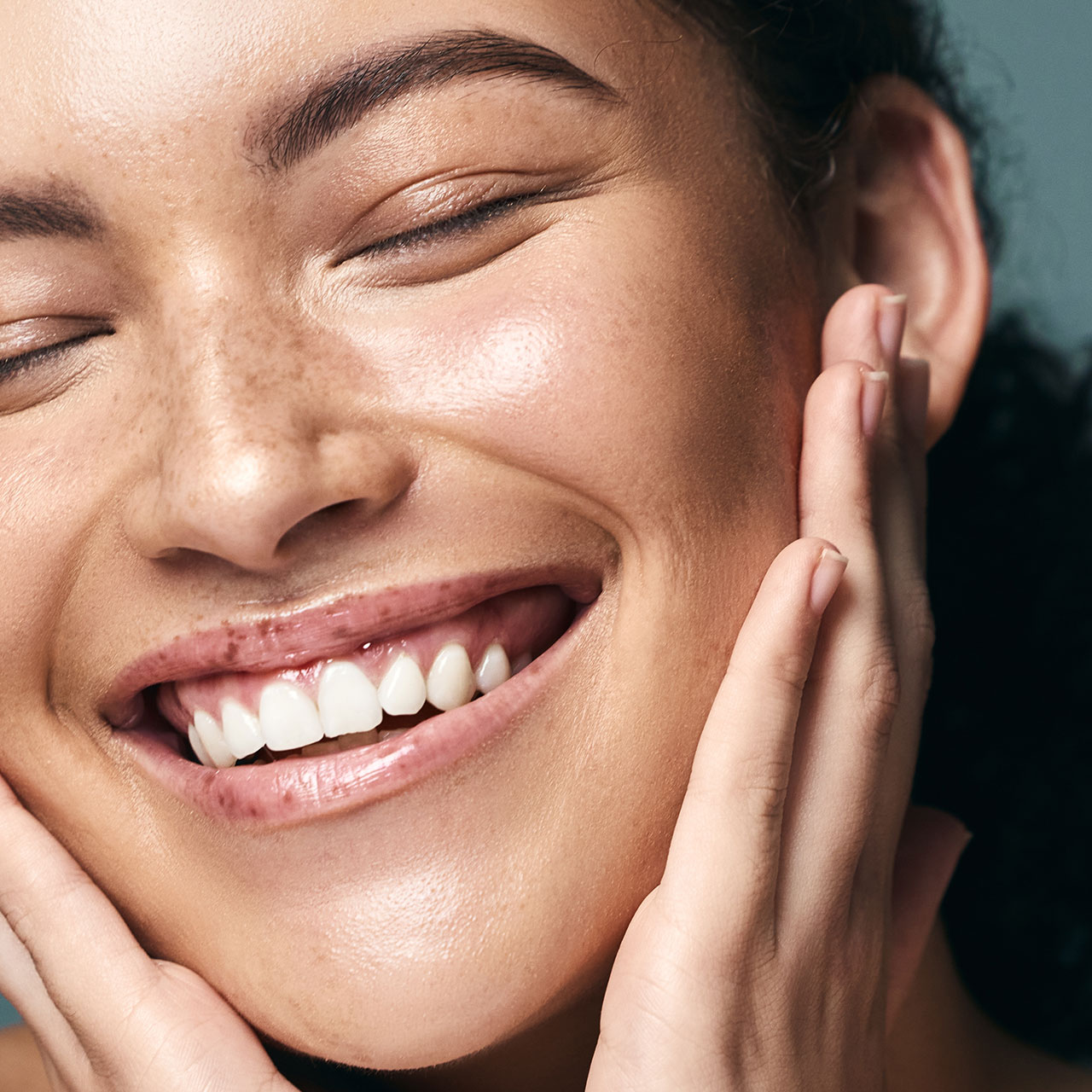When it comes to the world of skincare, it can be daunting scrolling through contradicting advice on TikTok. Popular creator Dr. Shereene Idriss, M.D., a board-certified dermatologist (renowned for her expertise in facial rejuvenation and minimally invasive body contouring) recently made an insightful video explaining why it’s vital to never use “too much” moisturizer and instead determine your skin type and ask a professional for hydrating tips this fall.
In her clip, posted on September 1st, Idriss said: “The internet wants you to believe that you need to hydrate, hydrate, hydrate your skin but the reality is when I look around TikTok and Instagram, I see a bunch of celebs swimming in an ocean with their hair flying and like drops of water everywhere and their lips looking like two little Turkey buns about to be perfectly roasted before it hits its dry peak.”
@shereeneidriss Replying to @missus The reality of over hydrating and over moisturizing your skin! #moisturizer #skinbarrier #dryskin #dryskintips #hydrating #moisturizing #skintips #dermatologist #shereeneidriss #dridriss ♬ original sound – ShereeneIdriss
A Board-Certified Dermatologist Warns Against ‘Hydrating Too Much’ This Fall With Moisturizer
She went on: “However, our skin is not that, and the reality is that too much moisture is too much moisture, and there is such a thing as too much of a good thing.” Idriss also noted that “moisture is not the essence of life.” In excess, the doctor went on to say, this can “lead to a fungus among us, and that fungus is probably on your face.”
In addition, she said that “an overly moist skin barrier can lead to an inflamed skin barrier,” which she deemed to be “the perfect breeding ground for yeast, Candida, other fungi, even bacterial infections and acne breakouts if you’re prone to rosacea.” She also pointed out that this could lead to “rosacea flare ups and a slew of other things.”

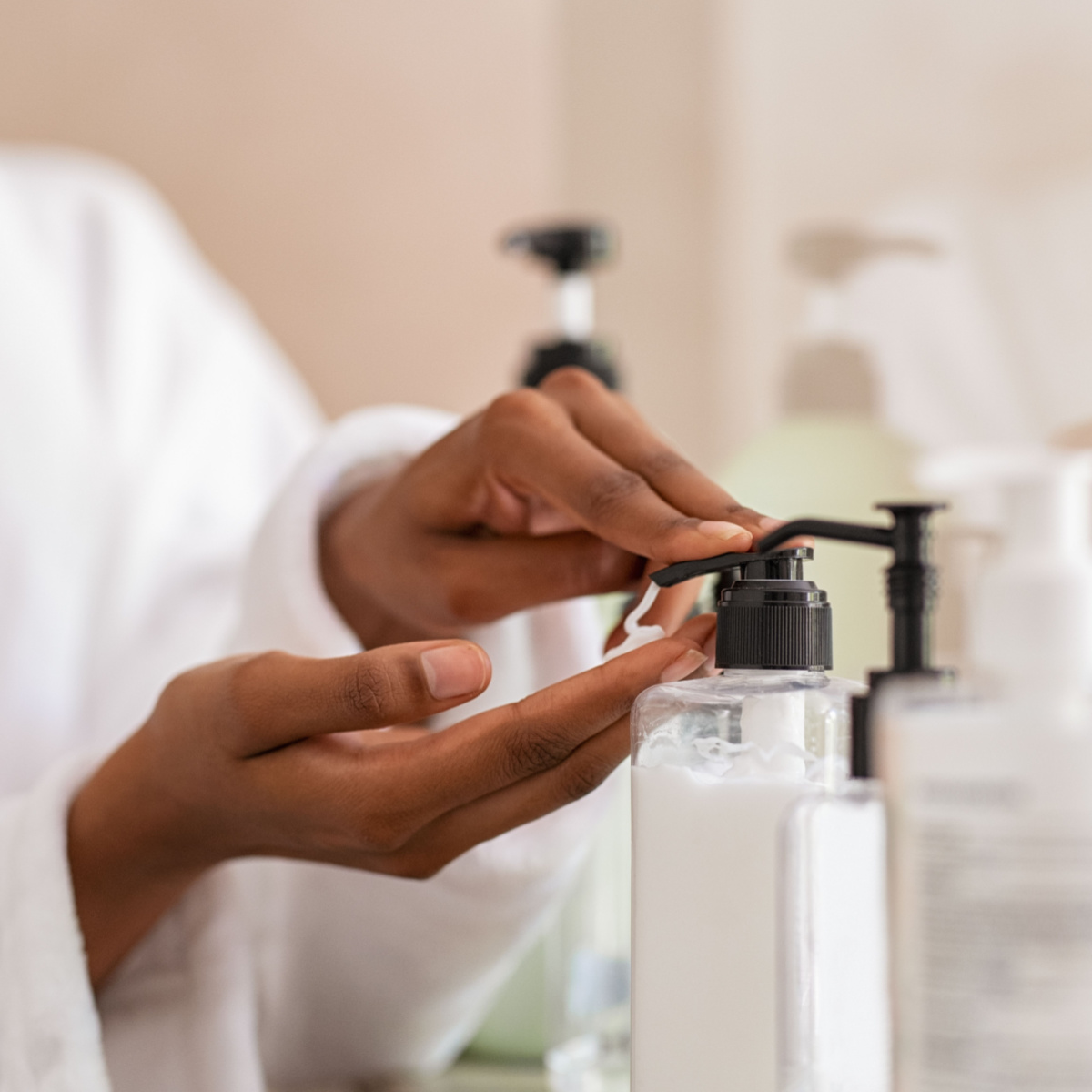
Your goal this fall (whether you're seeing the viral "drenched glass skin" videos on TikTok or not), Idriss added, is "not to just swim yourself and drench yourself and quench yourself in hydration all the freaking time." It's better, she stressed, to "understand your skin in the environment that you're in so that it's in a healthy, happy balance and not an overly marinated turkey."
With all that said, we asked other board-certified dermatologists for tips on how often to moisturize and the best kinds of products for your skin type. The most crucial piece of morning skincare is "sun protection," Dr. Anna Chacon, M.D., board-certified dermatologist and writer at My Psoriasis Team, says, adding that "everyone should consistently use sunscreen as the last step after skincare and before applying makeup." To prevent premature wrinkling and fine lines caused by sun damage, the daily application of sunscreen is vital.
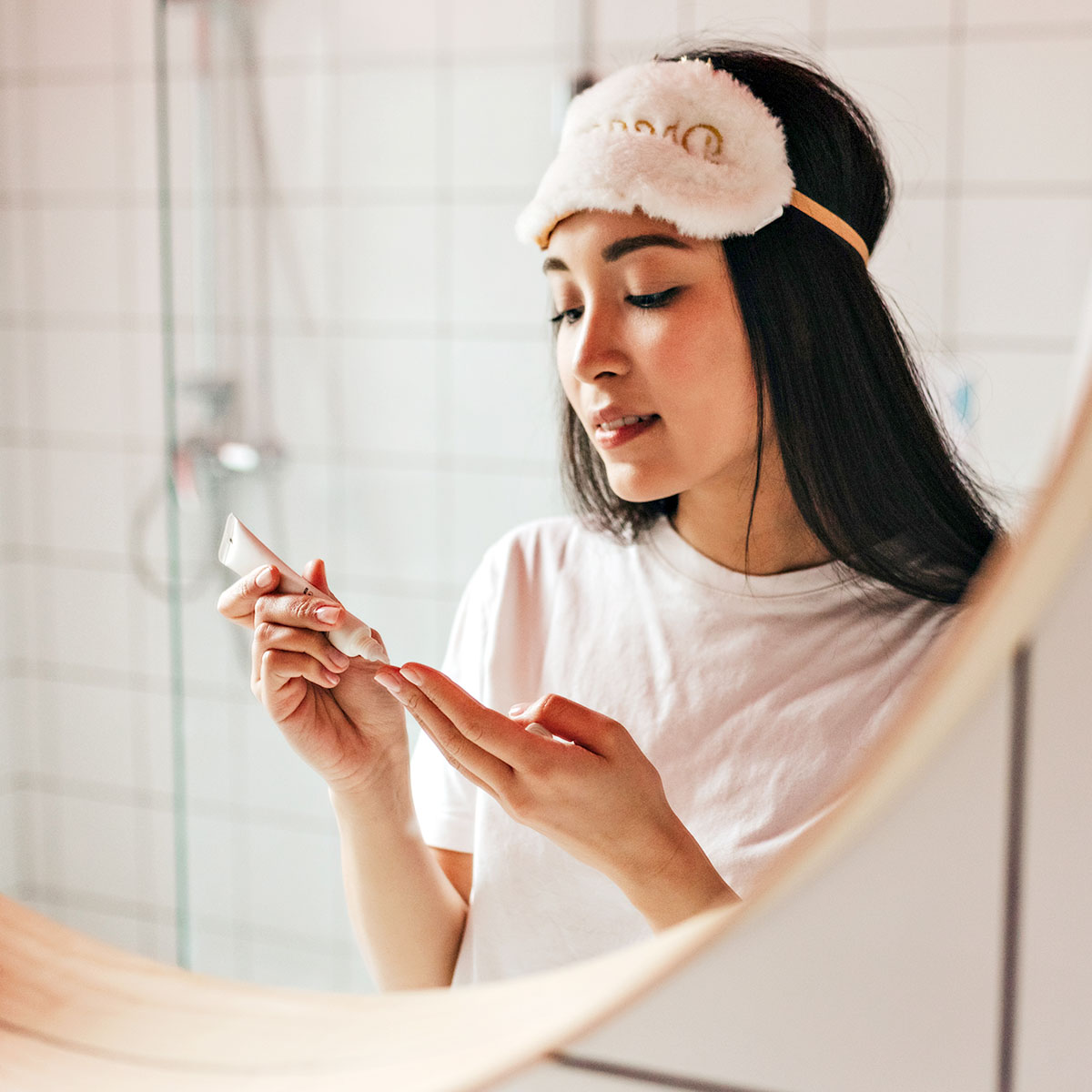
Additional Fall & Winter Moisturizing Tips From Dermatologists
Dr. Angela Casey, M.D., board-certified dermatologist and founder of youth skincare line Bright Girl, agrees, and stresses that "prevention is truly the best medicine when it comes to your skin health." Implementing a skincare routine that "cleanses, moisturizes, and protects your skin" will lead you on the path to a healthy and glowing complexion (with much less wrinkling and fine lines than if you skipped this step), she notes.
"Morning skincare habits should take into account the circadian rhythm of the skin," she continues. In the morning, Casey says that the skin has completed its rest and repair phase, which occurs overnight. Skin permeability is "less in the morning compared to the evening, and blood flow to the skin slows." Penetration of hydrophilic and lipophilic compounds peaks in the early morning hours. "All of these factors should be taken into consideration as we address morning skincare," she goes on.
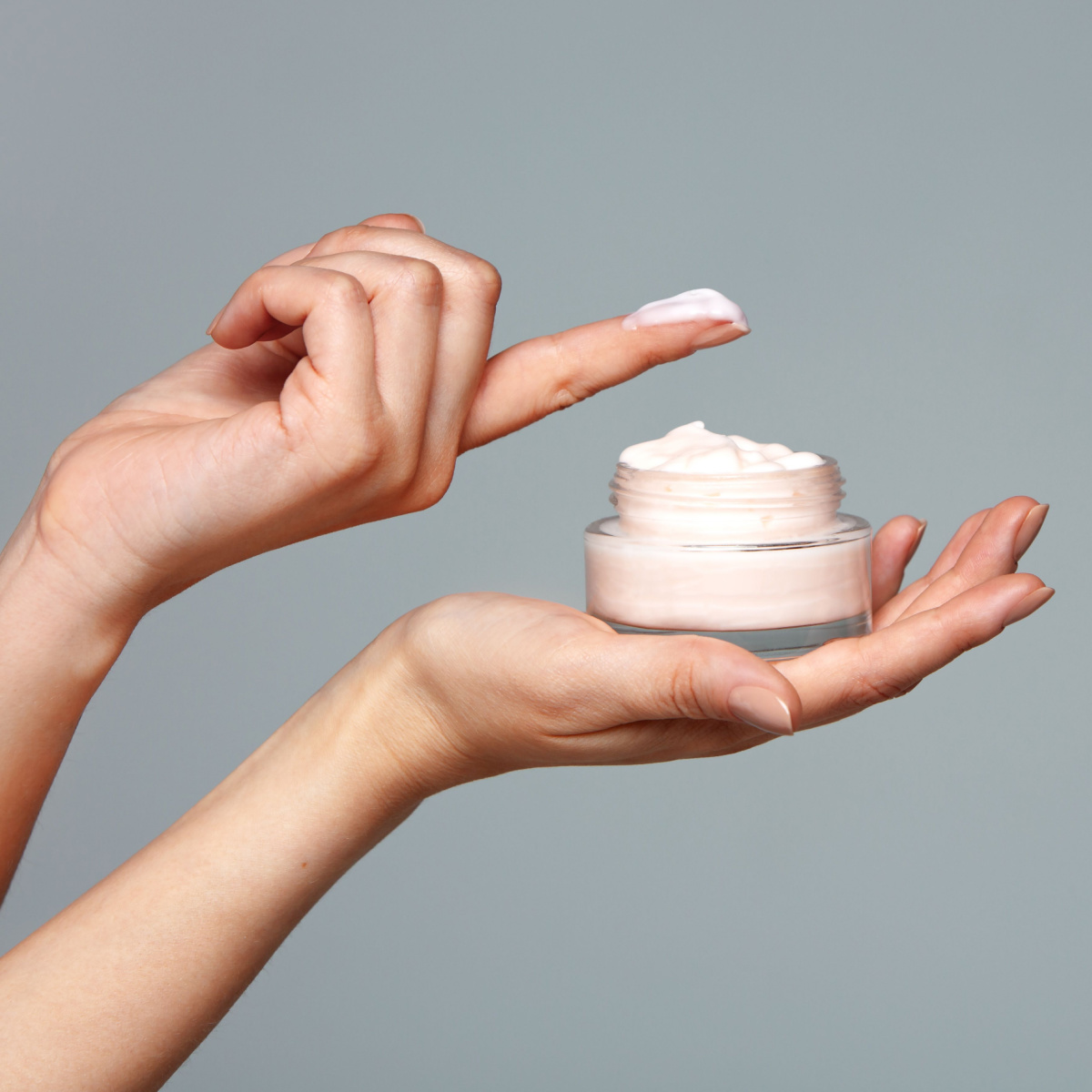
Chacon points out that a great fall and winter morning routine should "focus on protecting the skin from the sun and free radicals." To keep the routine basic, you may use a "moisturizer and sunscreen," applying after you wash your face, use a vitamin C serum, and before you go outside. With that said, Casey offers the following morning skincare checklist that she often refers to patients.
After waking up in the morning, the first step that Casey offers is to "wash your face with a pH-balanced, gentle cleanser using lukewarm water." This step, she says, refreshes the skin and removes any sweat and debris that may have accumulated overnight.
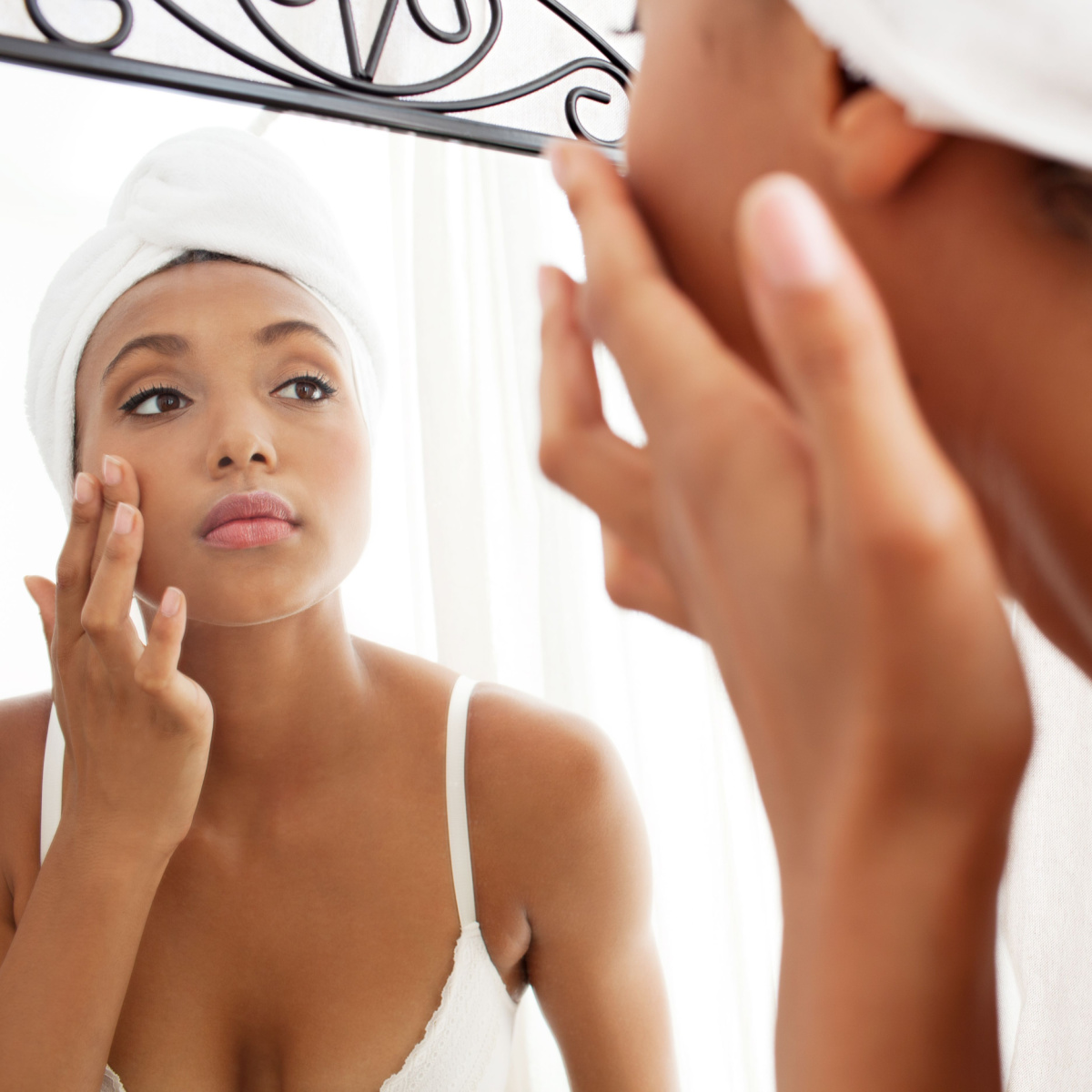
The Bottom Line
Next, you are to apply an antioxidant serum, such as vitamin C. "Antioxidants are an important morning skincare step as they arm your skin to be prepared for all of the environmental pollutants and irritants that we encounter throughout the day," Casey notes. "Think of antioxidant serums as an extra layer of protection on your skin," she suggests.
After this, Casey recommends applying an effective moisturizer, "which helps lock in the antioxidant serum and seals the skin barrier, offering protection and hydration to the skin." Lastly, she reiterates that "sunscreen is a non-negotiable final step," and that you should choose one with an "SPF 30 or higher with broad-spectrum UVA/UVB protection." The more you know!










